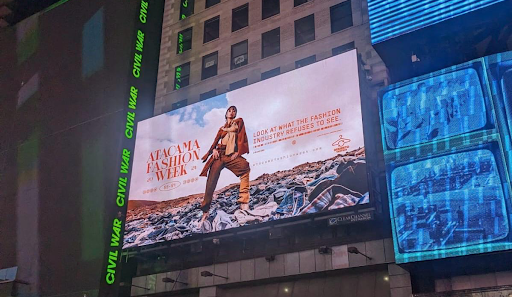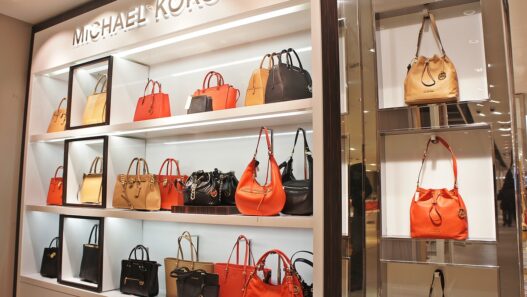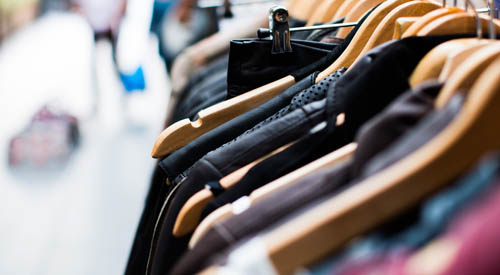While workforce in the fashion industry is protected under the usual labour laws or workplace laws in general, but there might be certain rights which are exclusive to the fashion industry.
With the advent of the new labour reforms, they are applicable to every industry, which includes fashion industry too. The highlight of the labour reforms were the provisions and social security coverage for the gig workers/Contract/platform workers. Gig workers are majorly categorized into those workers who do not come under the traditional ambit of the employee-employer relationship. For e.g. In fashion industry, fashion journalists, journal writers, freelancers/writers. The benefits would include health coverage, maternity benefits, old age, accident insurance and many more. Recognizing gig workers would increase job diversity and aspects in the fashion sector. Finance minister Nirmala Sitharaman reassured the social security to gig workers in the Union Budget, 2021.
Awareness of IP rights in rural areas
Intellectual Property rights protects the property of “intellect”, original, and creative work of the artists and protects it from any infringements in the future. India is rich of heritage and handloom works, however there is less awareness in the rural areas, where craftsmen are often deceived of their original works and are forced to sell their creativity to the big fashion industries. Here, moral rights of these craftsmen should be protected and encouraged. Many usual and standard governmental workshops and seminars are there to spread awareness about the IP rights of small-scale industries.[1]
There is an ardent need to protect the small-scale industries if they are bullied into such market tactics and must be protected from any long legal battles which may lie ahead.
Moral Rights of the performers
Modelling and fashion shows are not a new territory in the fashion industry, however their moral rights as a performer are less explored. Section 38B of the Copyrights Act, 1957 talks about the moral rights of the performer. Section 38B(b) says “to restrain or claim damage in respect of any distortion, mutilation or other modification of his performance that would be prejudicial to his reputation.”.
In fashion shows, while they are broadcasted, it may be that ramp walk or any performance by the models may be manipulated or edited, and therefore they should have the moral rights over their “performance” in the fashion shows too. Fashion models should be termed as artists.
Section 2(qq) of the Copyrights Act, 1957 defines performer as ““performer” includes an actor, singer, musician, dancer, acrobat, juggler, conjurer, snake charmer, a person delivering a lecture or any other person who makes a performance;”
The definition does not explicitly mention the “fashion models as performers”, but it does mentions “any other person who makes a performance.” There is vagueness in the definition of the performer pertaining to the fashion industries’ models.
You have a right against any sort of discrimination prevalent in the industry, be it on the basis of sex, identity, race, religion, gender, ethnicity or any other. With the changing of times, there is a noticeable change in the perception of beauty in the fashion industry, from plus size models to the ethnic diversity in the fashion shows, it is the right of the fashion professionals or models to be treated fairly in the profession and thus equal access to the opportunities.
[1] 3. Technology Upgradation and Quality Certification | Ministry of Micro, Small & Medium Enterprises (msme.gov.in)
Author: Disha Pathak
 3rd year student at UILS, Panjab University, Chandigarh. My passion lies in field of futuristic laws like IP, Ethical AI and analysing socio-legal areas of interest. I’m keen in studying various cross cultures and reading classic literature.”
3rd year student at UILS, Panjab University, Chandigarh. My passion lies in field of futuristic laws like IP, Ethical AI and analysing socio-legal areas of interest. I’m keen in studying various cross cultures and reading classic literature.”


















